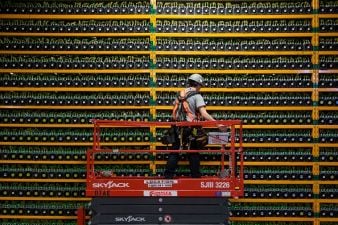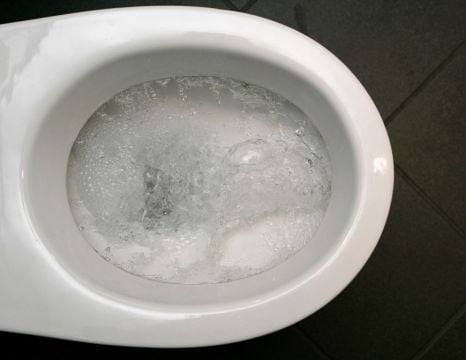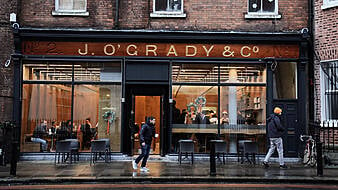Using a toilet can pay for your coffee or buy you bananas at a university in South Korea, where human waste is being used to help power a building.
Cho Jae-weon, an urban and environmental engineering professor at the Ulsan National Institute of Science and Technology (UNIST), has designed an eco-friendly toilet connected to a laboratory that uses excrement to produce biogas and manure.
The BeeVi toilet - a portmanteau of the words bee and vision - uses a vacuum pump to send faeces into an underground tank, reducing water use. There, microorganisms break down the waste to methane, which becomes a source of energy for the building, powering a gas stove, hot-water boiler and solid oxide fuel cell.
"If we think out of the box, faeces has precious value to make energy and manure. I have put this value into ecological circulation," Cho said.
Electricity
An average person defecates about 500g a day, which can be converted to 50 litres of methane gas, the environmental engineer said. This gas can generate 0.5kWh of electricity or be used to drive a car for about 1.2km.

Cho has devised a virtual currency called Ggool, which means honey in Korean. Each person using the eco-friendly toilet earns 10 Ggool a day.
Students can use the currency to buy goods on campus, from freshly brewed coffee to instant cup noodles, fruits and books. The students can pick up the products they want at a shop and scan a QR code to pay with Ggool.
"I had only ever thought that faeces are dirty, but now it is a treasure of great value to me," postgraduate student Heo Hui-jin said at the Ggool market. "I even talk about faeces during mealtimes to think about buying any book I want." - Reuters







